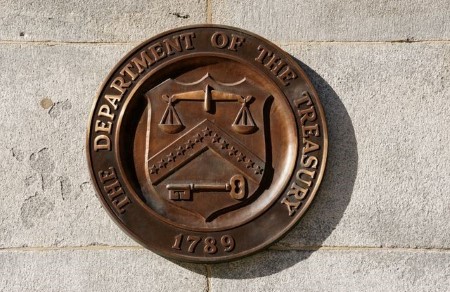

Insights 

INVESTMENT STRATEGY
THE BASICS
Downloads 

 DOWNLOAD
DOWNLOAD

 DOWNLOAD
DOWNLOAD

 DOWNLOAD
View all Reports
DOWNLOAD
View all Reports


Economy
Inflation Update: Prices rise even slower in May
 DOWNLOAD
DOWNLOAD

Economic Updates
Monthly Recap: BSP to outpace the Fed in rate cuts
 DOWNLOAD
DOWNLOAD

Quarterly Economic Growth Release: 5.4% Q12025
 DOWNLOAD
DOWNLOAD
Follow us on our platforms.


TOP SEARCHES
Rates & Bonds
4 MIN READ
US yields dip as risk sentiment worsens amid China trade setback

This article originally appeared on reuters.com





 By Reuters
By Reuters